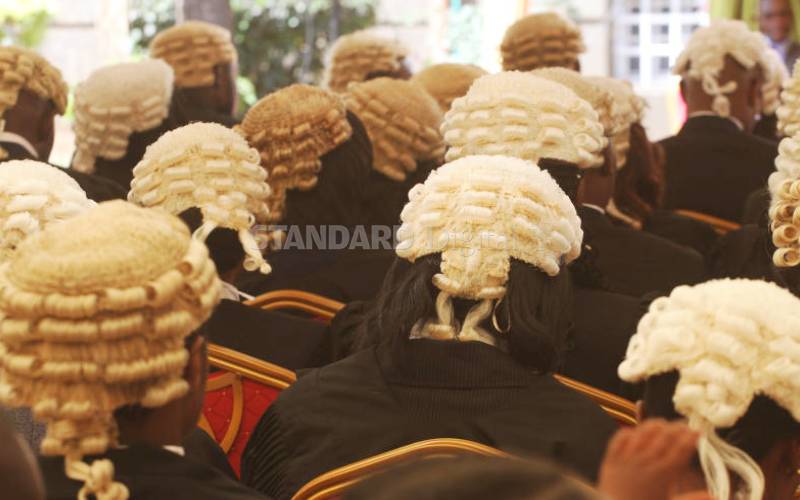
There is a misconception among many political pundits who equate dispensation of justice in courts to raw politicking. The two are as different as chalk and cheese. Unlike politicians who pontificate at every forum, including and not limited to funerals, churches, barazas and their debate chambers whenever they have the opportunity, judges and magistrates speak through their pens in their judgments and rulings. Judicial officers are guided by a judicial code of conduct that directs them on how to present themselves and does not allow them to overreach certain parameters that may compromise their positions as neutral arbiters in resolution of conflicts.